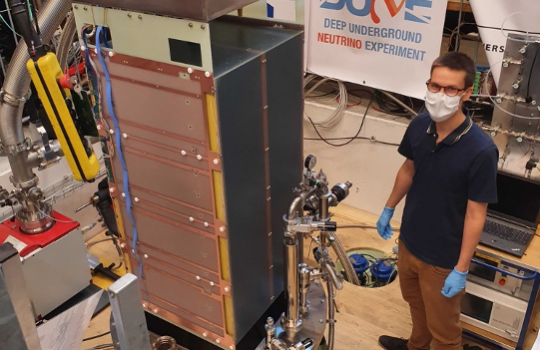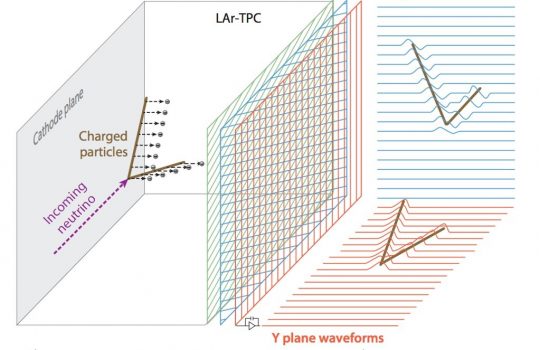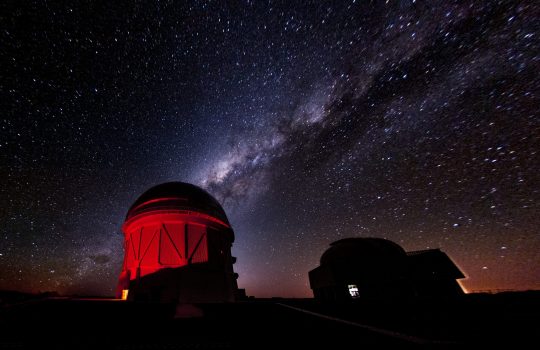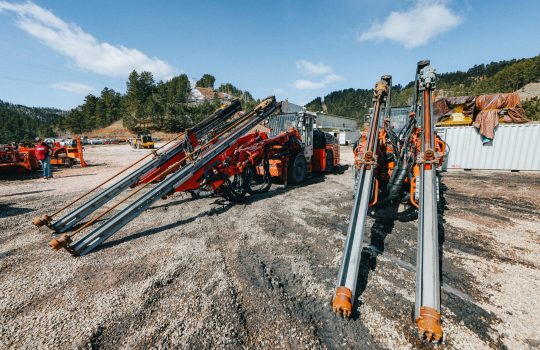The Dark Energy Survey collaboration has created the largest ever maps of the distribution and shapes of galaxies, tracing both ordinary and dark matter in the universe out to a distance of over 7 billion light years. The analysis, which includes the first three years of data from the survey, is consistent with predictions from the current best model of the universe, the standard cosmological model. Nevertheless, there remain hints from DES and other experiments that matter in the current universe is a few percent less clumpy than predicted.










